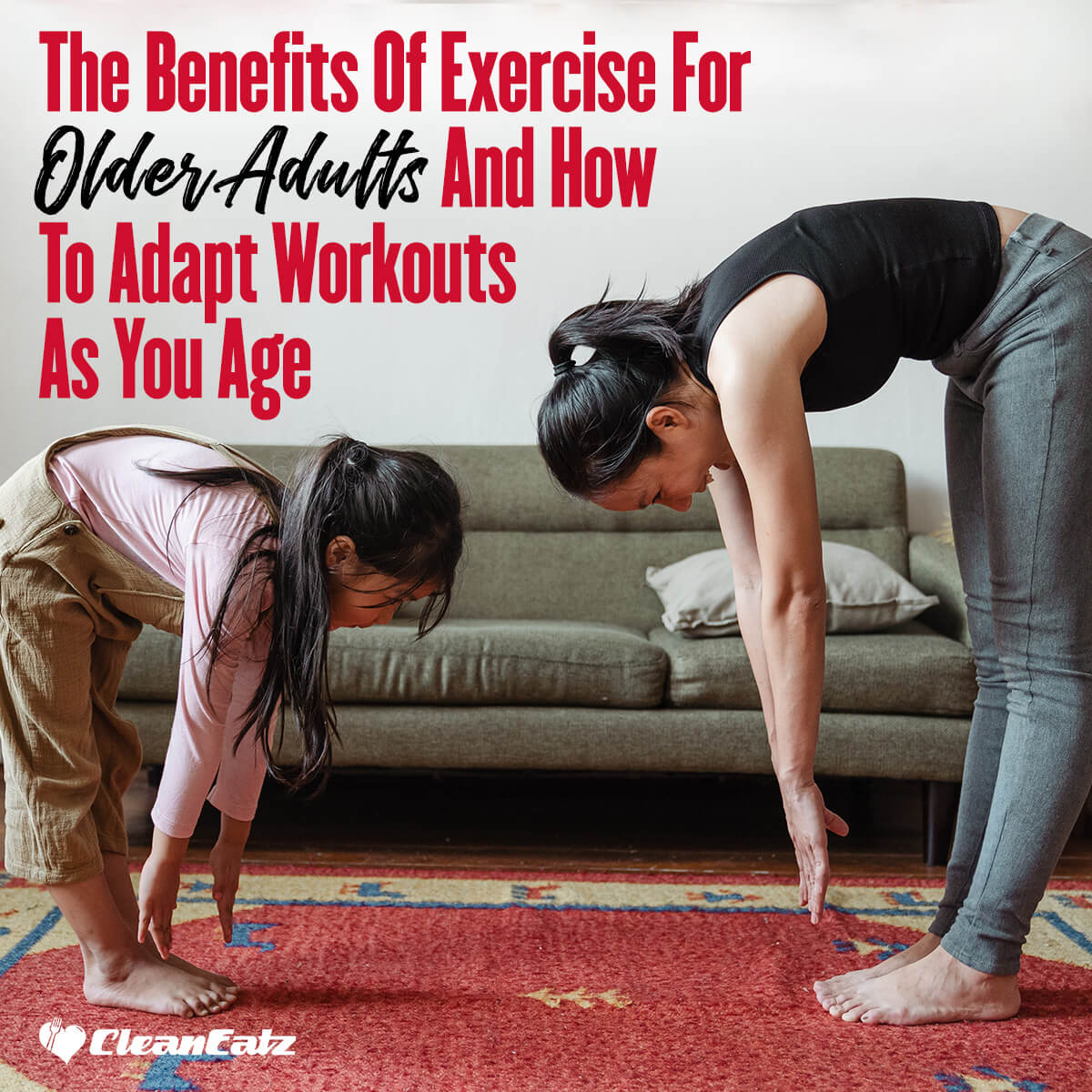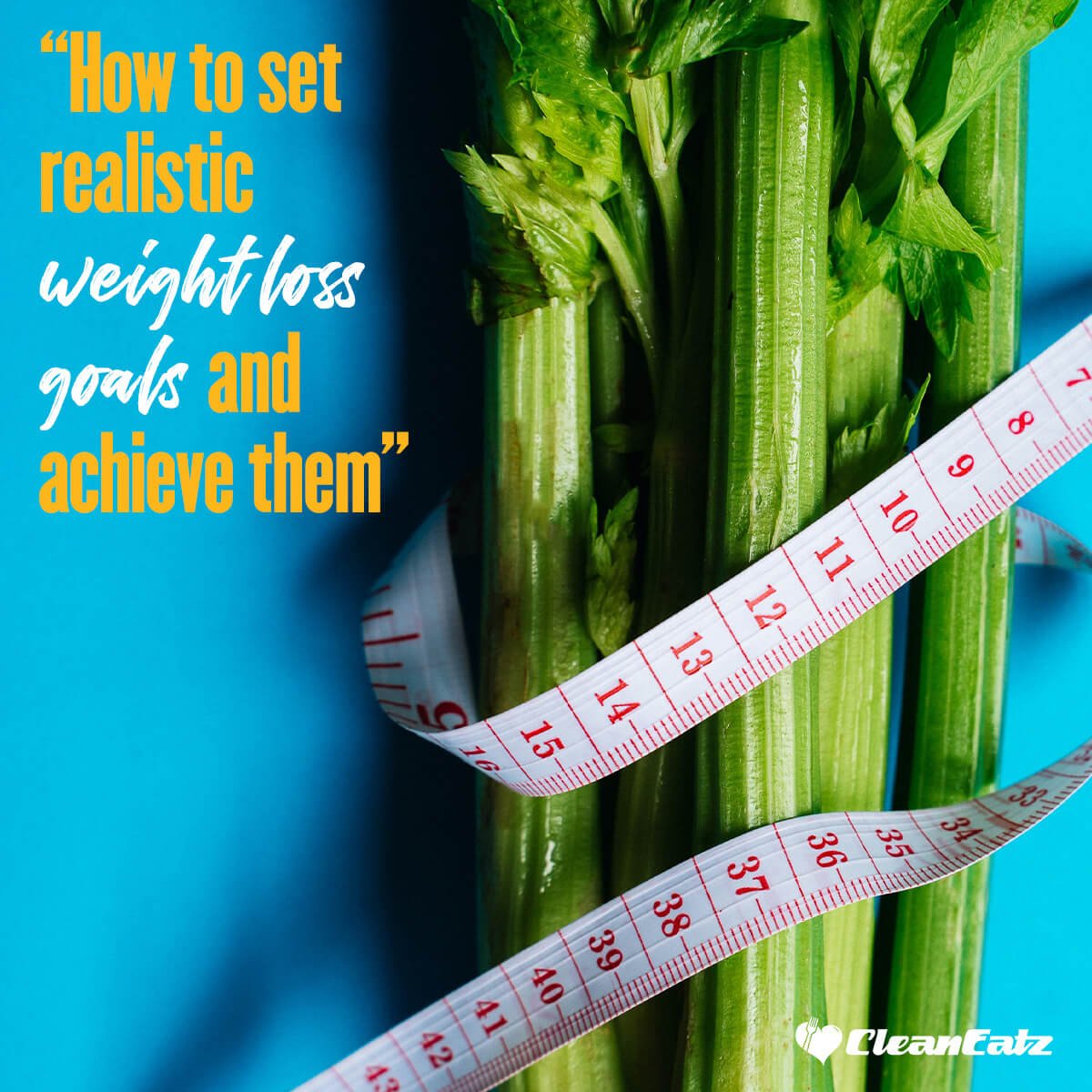
The Benefits of Exercise for Older Adults and How To Adapt Workouts As You Age
Jason Nista
Exercises & Fitness
|
Healthy Lifestyle
6 minute read
The Benefits of Exercise for Older Adults and How To Adapt Workouts As You Age
Age is not a limitation when it comes to exercise! Whether in your 50s, 60s, 70s, or beyond, regular exercise can bring plenty of advantages. Not only will you enjoy enhanced physical health and mobility along with higher energy levels, but everyday fitness activities also diminish the chances of certain diseases while boosting mental well-being.
As we age, exercising must remain relevant and efficient to maintain health. However, we can't treat exercise as a universal solution - modifications are essential for older adults to make the most out of their workout routine and guarantee they stay in shape.
But how can we discern which exercises are most beneficial for aging bodies? This blog post aims to shed light on the importance of exercising for older adults and tips on how they may adjust their workout routines.
The Benefits of Exercise for Older Adults
Exercise is not just for young people. As we age, exercising is essential to remain fit and leading healthy lives. It can help with physical and emotional well-being and reduce the risk of certain diseases. But adapting workouts as you age can be difficult.
Regularly exercising can provide many benefits in addition to improved physical health. It can also reduce stress and anxiety levels, improve mental clarity and focus, increase balance and coordination, strengthen bones, boost energy levels, improve sleep quality, and more. Additionally, regular exercise has been linked to lower rates of heart disease, stroke, obesity, diabetes, and even depression in older adults.
Prevent Diseases
Regular physical activity can help reduce your risk of developing chronic diseases such as heart disease, diabetes, and stroke. Regular exercise can also help lower blood pressure and cholesterol levels in older adults. Additionally, exercise has been shown to improve bone density in those who suffer from osteoporosis or other common bone-related conditions among older adults.
Improve Mental Health
Exercise isn't just good for your physical health but also for your mental health. For example, studies have shown that regular physical activity can reduce symptoms of depression and anxiety.
Exercise has also been linked to improved self-esteem in older adults. This is because exercise helps release endorphins—the "feel-good" hormones—which can lift your mood and improve your overall mental well-being.
Decreased Risk of Falls As We Age
Falling has become an increasingly common problem; however, regular exercise can help reduce the risk of falls in older adults. Exercising regularly will help build strength and balance, so you're less likely to take a tumble if you should stumble or trip on something in front of you while out walking or running errands.
Additionally, exercising with others is a great way to stay safe and build social connections with others who understand the importance of staying active as they age.
Improved Cognitive Function
Exercise has been shown to increase cognitive function in both healthy older adults and those with mild cognitive impairments such as dementia or Alzheimer's disease. In addition, engaging in regular physical activity promotes enhanced blood circulation all over the body, including to the brain.
This improved flow sustains the healthy functioning of neurons and prompts them to communicate better with one another. In addition, aerobic exercise has been shown to promote neurogenesis—the growth of new neurons—in certain parts of the brain associated with learning and memory formation.
Staying Fit As You Age: How To Adapt Your Workouts
As you age, it's essential to keep your body active and healthy through regular exercise. But it's also important to tailor your workouts to fit your changing needs as you get older. After all, the same activities you did in your twenties may not work as well in your sixties. Read on for tips on how to adapt workouts as you age.
Adjusting your workout routine as your body changes with age is essential. Start by talking to your doctor about any health conditions you may have that could limit which exercises you should do or the intensity at which you should do them.
Then consider what kinds of activities you enjoy so that you'll stick with them long term - this could include walking or swimming. Finally, incorporate aerobic activities (like running or biking) with strength training (like lifting weights) into your workout routine so that all aspects of fitness are covered.
Finally, avoid any exercises that cause pain or discomfort, and remember to listen to your body when pushing yourself too hard - if something doesn't feel right, stop immediately!
Choose Low-Impact Exercises
As we age, bones and joints become more fragile, making high-impact exercises less ideal. Instead, focus on low-impact activities such as walking, swimming, riding a stationary bike, or even taking an aerobics class designed for seniors. These activities are easier on the joints while providing plenty of cardiovascular benefits.
Strength Training Is Important Too
When most people think of exercising, they think of cardio—and not surprisingly, since this is one of the best ways to stay in shape and maintain a healthy weight. But strength training is just as crucial for people of all ages!
Strength training helps strengthen bones and muscles and can help lower blood pressure and reduce the risk of injury from everyday activities like carrying groceries or playing with the grandkids. Start with basic moves such as squats, lunges, pushups, or planks before graduating to more complex (but still low-impact) exercises like kettlebell swings or cable rows with light weights.
Have Fun With It!
You don’t have to commit yourself to boring gym sessions at the crack of dawn—you can make your workouts fun by doing them with friends or even joining a local group that meets regularly for walks around town or hikes in nature preserves.
This will keep you motivated, socialize with people who share similar interests and goals as you do, and make sure that you stick with an exercise routine rather than skipping out after a couple of weeks because it feels too repetitive or dull!
Age Is Just a Number: Easy Ways To Remain Physically Fit As You Grow Older
-
Exercise is essential for older adults to maintain physical and emotional well-being and reduce the risk of certain diseases.
-
Regular exercise can help improve physical health and mobility, boost energy levels, reduce the risk of certain diseases, and even improve mental health.
-
It's important to adjust your workout routine as your body changes with age by talking to a doctor about any conditions that may limit which exercises you should do or how intense they should be.
-
Low-impact activities such as walking or swimming are ideal for aging bodies, while strength training helps strengthen bones and muscles.
-
Have fun with it! Exercising doesn't have to be boring - make it enjoyable by doing it with friends or joining a local group that meets regularly for walks around town or hikes in nature preserves.
Related Articles
The impact of stress on sleep and how to manage it
7 minute read
A Guide to Realistic Weight Loss Goals
11 minute read
Is HIIT Good for Weight Loss And How to Get Started?
9 minute read



